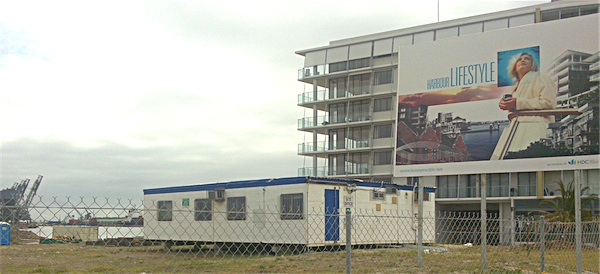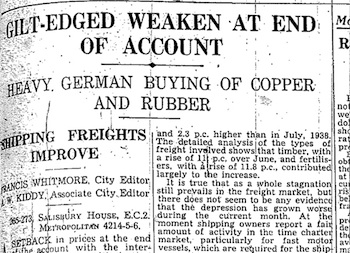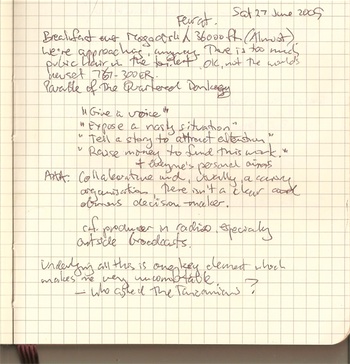“That ‘This is Not Art’ thing this weekend, it’s like a fucking freak show walking past,” says the old guy in the yellow-tiled front bar of The Clarendon Hotel.
It’s just gone noon on Saturday. Apart from ’Pong and I having a burger and beer, he’s the only customer. His worldview of what Newcastle‘s Hunter Street should be like is challenged by the stream of paste-white black-clad comic fans, straggly-bearded eco-hippies, random hipsters and nose-ringed alternagothpunkteendykes strolling past the boarded-up shopfronts.
Noticing a skinny guy wearing yellow overalls and a torn red-striped t-shirt, our frowning drinker puts down his VB. “Hey, is there a circus in town? Because I can see a clown”, he calls out to the barman.
The barman smiles politely, but says nothing.
“Hey, is there a circus in town?”, he mutters, and takes another sip. He looks out at the soulless office buildings that replaced the landscape of his memory, in silence.
Yet these weird out-of-towners, with their experimental robotics, knitting and YouTube mashups, have brought more life to this industrial city’s ailing heart than any grandiose “development” plan.




